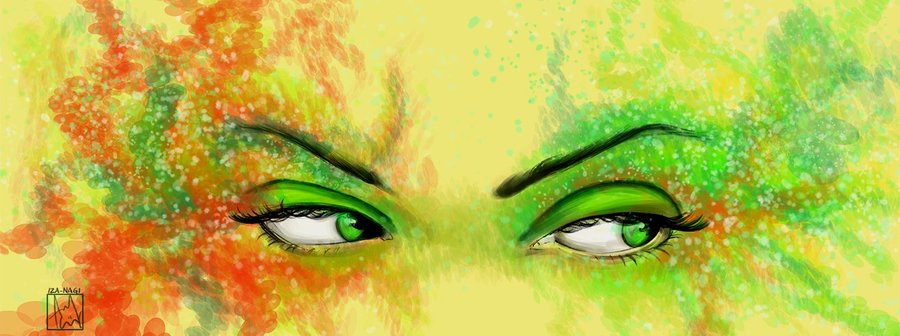Today we conclude the first part of the series '7 Deadly Sins and 7 Heavenly Virtues'. We cover the final 2 sins of the Deadly Sins - Envy and Pride.

Sin # 6 - Envy (or Jealousy)
'Dictionary.com' defines Envy as "a feeling of discontent or covetousness with regard to another's advantages, success, possessions, etc."
It is thus a two-fold definition - 'discontent' and 'covetousness', which can be treated separately.
Given this definition, our '4 Interrogations' play out as follows.
Q: Is the thought or feeling of envy detrimental to the individual?
A: In mild forms, no. I can be envious of the neighbour's Mercedes and not suffer. In a stronger form the same envy of the Mercedes may lead to chronic anger and resentment, violating the 'Happiness Principles'
Q: Is the thought or feeling of envy detrimental to other individuals?
A: Again as for all the 'Sins', no. Just by thinking something we don't affect others.
Q: is the action of envy detrimental to the individual?
A: It depends on the kind of action taken. If the individual responds by buying a Mercedes for himself, and presuming he has the financial resources to do so, no harm is done to him. However if he bankrupts himself by buying it, harm is done.
Q: Is the action of envy detrimental to other individuals?
A: Again, quite often it can. If Joe Bloggs is so envious of his neighbour's Mercedes that he defaces or damages it then harm has been done. If Joe buys a Mercedes for himself, no damage is done to others.
Sin #7 - Pride
There are 2 forks of opinion about the meaning of 'Pride'. 1 fork describes it as 'an inordinate opinion of oneself, or one's merit, ability, etc'. The other fork defines it as 'self respect' or 'self esteem'.
The difference can be described by applying our 'famous' 4 Interrogations to each version.
Definition 1 - Inordinate or Exorbitant Opinion Of Self (For brevity, let's call this 'Pride 1')
Q: Is the thought or feeling of Pride 1 detrimental to the individual?
A: It can be. By overestimating one's worth or abilities, one can make faulty judgements in all manner of areas.
Q: Is the thought or feeling of Pride 1 detrimental to other individuals?
A: On it's own, no. As we have discussed above, thoughts on their own have no effect on others.
Q: is the action of Pride 1 detrimental to the individual?
Yes, it can be. The individual may make mistakes of judgment that could have personal consequences.

Vain Peacock!
Q: Is the action of Pride 1 detrimental to other individuals?
A: It can be, as much as it is to the self. For instance a general who thinks he is infallible and drives his troops into a no-win battle.

Proud Man Saluting His Country
Definition 2 - Self Respect or Self Esteem. (Lets call this Pride 2)
Q: Is the thought or feeling of Pride 2 detrimental to the individual?
A: No. It is only when the feeling gets distorted into definition 1 above where harm can occur. Indeed, in this form, pride has a positive effect on the individual.
Q: Is the thought or feeling of Pride 2 detrimental to other individuals?
A: No. Again, thoughts and feelings themselves do not have direct effects on others.
Q: Is the action of Pride 2 detrimental to the individual?
A: No, unless it is distorted into definition 1 above.
Q: Is the action of Pride 2 detrimental to other individuals?
No, unless it is distorted into definition 1 above.
So in conclusion, Pride 1, does have potential to harm both the individual and others. However, Pride 2 has no such effects unless distorted into definition #1.
Conclusion
We've now reached the halfway mark in this series - the so-called '7 Deadly Sins.'
In each 'sin' we have determined whether harm is done either in thought or in deed. Thoughts on their own do not cause harm to others, but they can cause harm to oneself. On the other hand, actions can cause harm to both the self and others.
Starting from the next article, we will look at the 7 so-called 'Heavenly Virtues' and contrast them with the 7 Deadly Sins.
Previous Article: Greed Sloth and Wrath – 7 Deadly Sins Part 3
Next Article: Introduction to the 7 Heavenly Virtues
